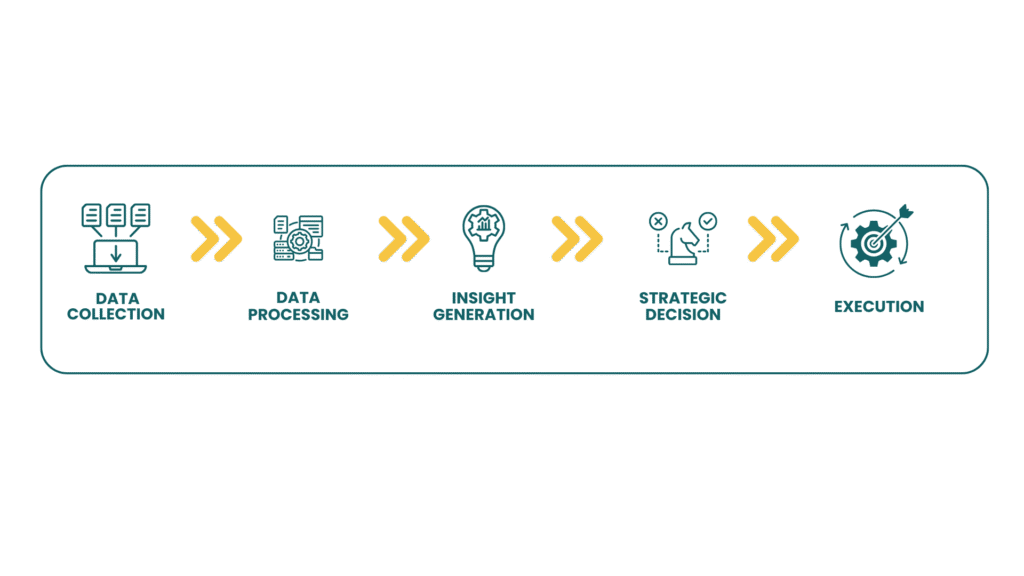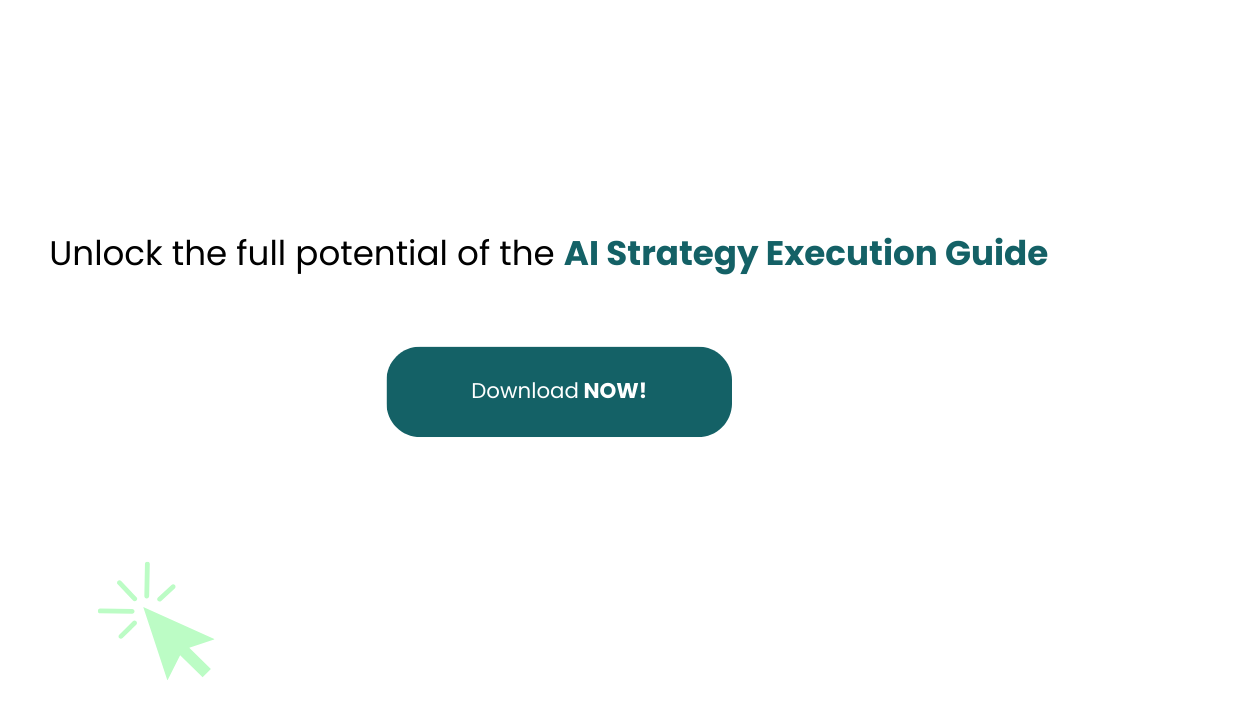From Static Plans to Living Strategy
We all know the story. Plans that sound brilliant in meetings, but collapse in the real world.
The problem isn’t ambition, it’s execution.
People are the brain. AI is the muscle. OKRs are the system that makes the muscle move with purpose.
Artificial Intelligence has revolutionized how organizations plan, prioritize, and adapt. It automates tedious data gathering, exposes hidden patterns, and forecasts risks before they explode. But AI alone doesn’t drive success. Without OKRs to direct the force, AI’s strength risks being wasted on the wrong moves.
This is where most companies trip up. They flood themselves with data, set too many goals, and lose sight of what truly matters. OKRs create the rhythm that turns AI-powered muscle into real progress.
At its heart, strategy is about balancing today’s strengths with tomorrow’s opportunities. As the Icarus Paradox warns, success becomes failure when organizations cling to the past.
AI helps you see the need for change. OKRs ensure you act on it with clarity and focus.

Take Amazon. They have long embedded AI into demand forecasting and logistics, allowing them to continuously adjust goals and reallocate resources in near real-time. According to McKinsey, AI-powered forecasting improved Amazon’s supply chain accuracy by up to 15%.*
The result? Faster pivots, sharper execution, and sustained leadership.
AI helps fix core execution challenges: scattered priorities, slow decisions, outdated targets. But it also introduces new risks: over-reliance on models, cultural resistance, and false certainty.
That’s why you need OKRs to keep ambition disciplined, assumptions tested, and teams aligned.
The bottom line?
People think. AI moves. OKRs guide. Together, they transform static planning into a living, adaptive system built for speed and resilience.
Curious how to make it work in practice?

*Source: McKinsey & Company, “The State of AI in 2022” report.

